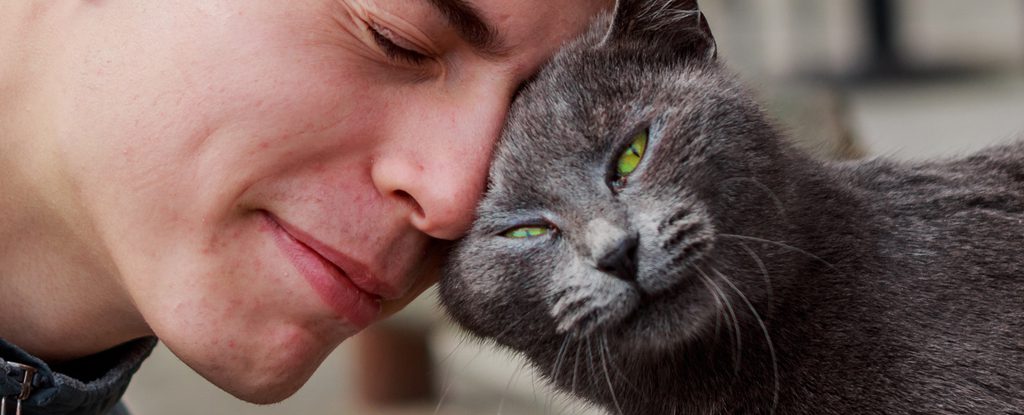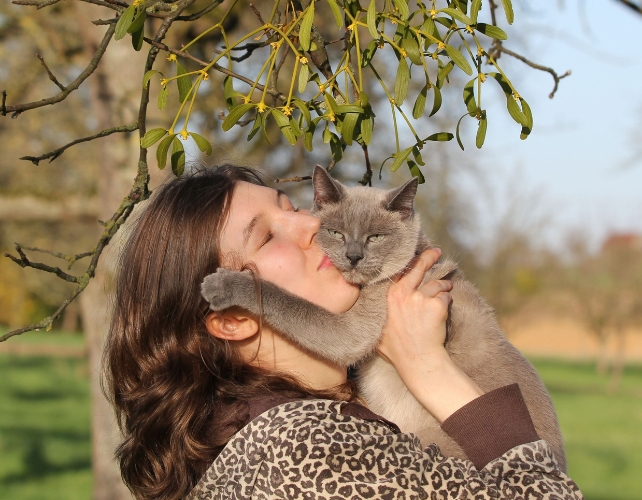
Recent research released by the U.S. Centers for Disease Control and Prevention (CDC) indicates that humans can pass the bird flu virus to their pet cats, which can lead to severe health issues and even fatalities.
This information stems from two case studies in Michigan published in the agency’s Morbidity and Mortality Weekly Report in May 2024. Concerns are rising that the bird flu virus may mutate, potentially resulting in a human pandemic.
Additionally, it has been discovered that cats can become infected through contaminated pet food, and that the virus can also spread among large feline species in shelters.
Both cases documented involved pet owners who worked near or on dairy farms impacted by the bird flu outbreak, leading to the deaths of affected cats. In the first instance, a five-year-old indoor female cat displayed symptoms like loss of appetite, poor grooming, disorientation, lethargy, and neurological issues. Her condition deteriorated rapidly, necessitating emergency treatment at the Michigan State University (MSU) Veterinary Medical Center. Sadly, despite medical intervention, the cat was euthanized within four days, with postmortem testing confirming a bird flu infection.
There were two other cats in the same home; one showed mild symptoms that the owners incorrectly associated with allergies, and they subsequently discontinued communication with health officials. Among the human residents, the farm worker opted out of testing, while an adult and two teenagers tested negative for the virus.

Link to Unpasteurized Milk
Days after the first case, a second report involved a six-month-old male Maine Coon cat that displayed severe symptoms, including anorexia, lethargy, facial swelling, and limited mobility, culminating in death within 24 hours. This particular cat resided with another feline that showed no signs of illness.
The Maine Coon’s owner regularly transported unpasteurized milk from various farms in Michigan, some of which had documented cases of infected cattle. The owner admitted to handling raw milk without protective equipment, often getting splashed in the face and on clothing and not changing outfits before returning home. Notably, the sick cat frequently came into contact with the owner’s contaminated work clothes, while the other cat did not.
Additionally, the owner experienced eye irritation before the cat became ill but declined to take a test for bird flu.

The CDC researchers recommend that farmworkers thoroughly change clothing and footwear and wash off any animal byproduct residue, including milk and feces, before entering their homes.
Since the onset of the bird flu outbreak in the U.S. in 2024, there have been 69 reported human cases, though the actual numbers could be much higher due to insufficient testing among farm workers. Tragically, one individual has lost their life.
Experts caution that as the virus continues to spread among mammals and birds, there’s a potential risk of it combining with seasonal influenza, which could lead to the emergence of a new strain capable of extensive human transmission.
In light of current events, the newly appointed U.S. Health Secretary, Robert F. Kennedy Jr., has expressed a desire to shift the focus away from infectious disease research and has raised questions about the role of germs in illness. His longstanding skepticism towards vaccines—critical for controlling potential pandemics—coincides with his promotion of raw milk consumption, which is known to be a potential source of bird flu transmission.









